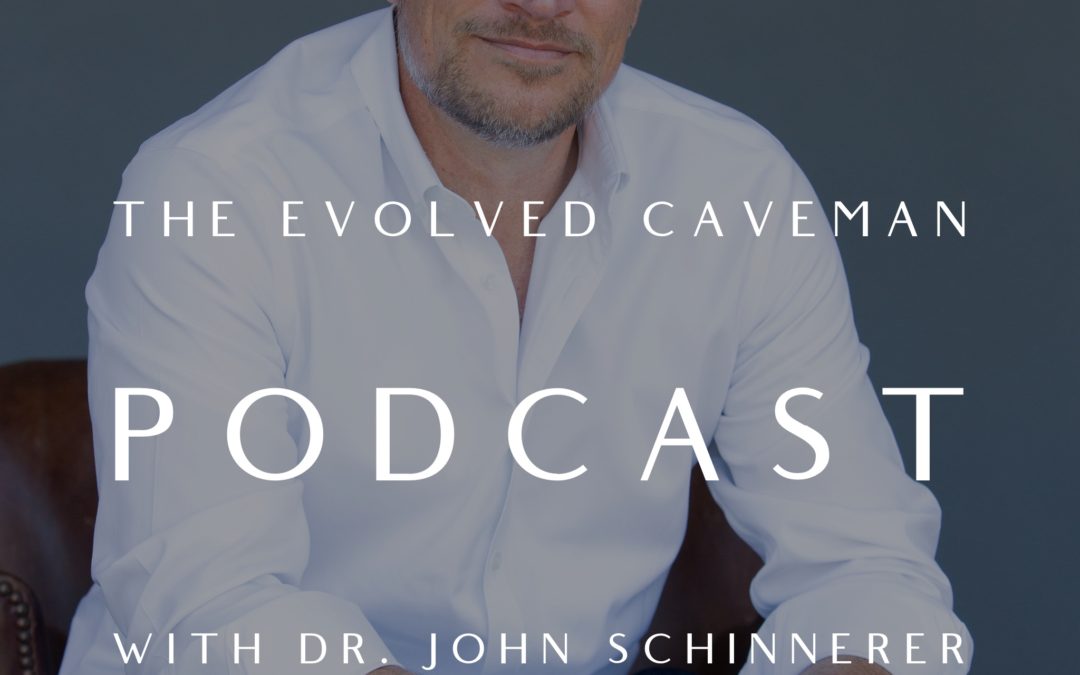Men Would Rather Shock Themselves Than Be Alone With Their Thoughts. Is It Any Wonder We’re Struggling With Shelter-In-Place?
By Dr. John Schinnerer
“My mind is a bad neighborhood that I try not to go into alone.”
Anne Lamott
Men Would Rather Shock Themselves Than Be Alone With Their Thoughts. Is It Any Wonder We’re Struggling So Much?
So I began to wonder, “Why are men struggling so much emotionally?” That’s when I came across a fascinating study done some years ago…
According to a series of studies reported in Science in 2014, men prefer doing things over being alone with their thoughts, even if what they are doing is so painful that they would normally pay money to avoid it. It seems the untrained male mind does not like to be alone with itself.
When men spend time in their heads, they are, on average, less happy than when they are doing.
The Study on Being Alone With One’s Thoughts
For this series of studies, Dr. Timothy Wilson, at the University of Virginia asked hundreds of participants to do nothing but think for 6 to 15 minutes. Individuals were placed in bare rooms and asked to put away any belongings, such as cellphones and pens. Some were told to think about whatever they wanted, others were told to think about a specific topic, such as going out to eat or playing a sport. Later, researchers asked the participants to rate their experience on a nine-point scale afterwards, where 1 was completely unenjoyable and 9 was very enjoyable. In both scenarios, roughly half of the volunteers did not enjoy the experience, reporting an enjoyment level at or below a 5 on the 9 point scale.
The researchers wanted to push further, and added an electric shock condition to the experiment. For 15 minutes, researchers left volunteers by themselves in a sparse room where they could think about anything, but this time there was a button they could push to shock themselves if they so desired. The results were jaw-dropping:
67% of men and 25% of women chose to shock themselves instead of sitting alone with their thoughts (as reported in Science in 2014).
Wilson surmised that the results may indicate boredom as well as a difficulty controlling negative thinking.
It is surprising and a little disturbing that people seem to be so uncomfortable when left to focus on their own thoughts that being shocked with electricity is more preferable.
The stark difference in the rate which men and women were willing to shock themselves (67% vs. 25%) is fascinating. I speculate this has to do with how men are socialized in that men often perform, achieve and compete to distract themselves from how they are feeling and what they are thinking. So when forced to stop and turn inwards, it becomes boring, and even, painful, to be alone with thoughts, emotions and memories. Due to the negativity bias, when left alone with their thoughts, men likely focus more on mistakes made in the past, are (to an extent) pessimistic about the present, and/or worry about how they will fall short in the future.
The First Step In Breaking This Cycle
The first step in making your mind a pleasant neighborhood which you can safely explore, is to practice some form of meditation, such as mindfulness in which you learn to allow whatever is arising to arise without judgment. Research has shown a dose effect with mindfulness such that the more you practice it, the more benefits you receive. Benefits shown in research studies include less anger, less anxiety, less stress, less depression, and more frequent positive emotions. And who doesn’t need to experience positive emotions more often?! So, the more we learn to simply let go of the negative thoughts and focus more attention on our positive thoughts, the more we enjoy being alone with ourselves.
One of the best ways to begin a mindfulness practice is to download Dr. John’s Mindfulness for Beginners file here. Practice 5 times a week for 20 minutes a day. If you are too busy for that, break up the 20 minutes across the day and practice for 3 minutes here, 2 minutes there, and 4 minutes there by simply bringing your attention back to your breath and mindfully taking a deep breath into your belly. Then exhale out longer than you inhaled. Again, the more you practice, the more benefits you will receive. And the less you’ll want to shock yourself when alone with your thoughts. Start making your mind a more pleasant neighborhood today.
Wanna Climb Higher Up The Happiness Hill ? Here’s Where To Begin Your Ascent:
😡 For info on Dr. John’s Ultimate Online Anger Management Class (which has over 20,000 graduates!), visit his High Performer Shop.
🧠 Top tools for emotional mastery and high tech execs from the best executive coach in Silicon Valley:
💬 The best podcast for relationships and those who want to create a happier, safer love life:
👉 For the tremendous work Dr. John & Joree are doing to heal relationships, visit their top couples counseling site:
🎙️ Straight talk on evolution, masculinity & growth on the best podcast for men:
🌱 Joree’s expert work on mindfulness, therapy & transformation from the best therapist for women near you:
📸 For more info on the superb counseling Joree is doing with women who are stuck in their lives, visit her site at
👉 MindfulnessAndTherapyCenter.com
💬 The best podcast for women who seek to get unstuck in live and make the next 30 years better than the last 30:


Recent Comments